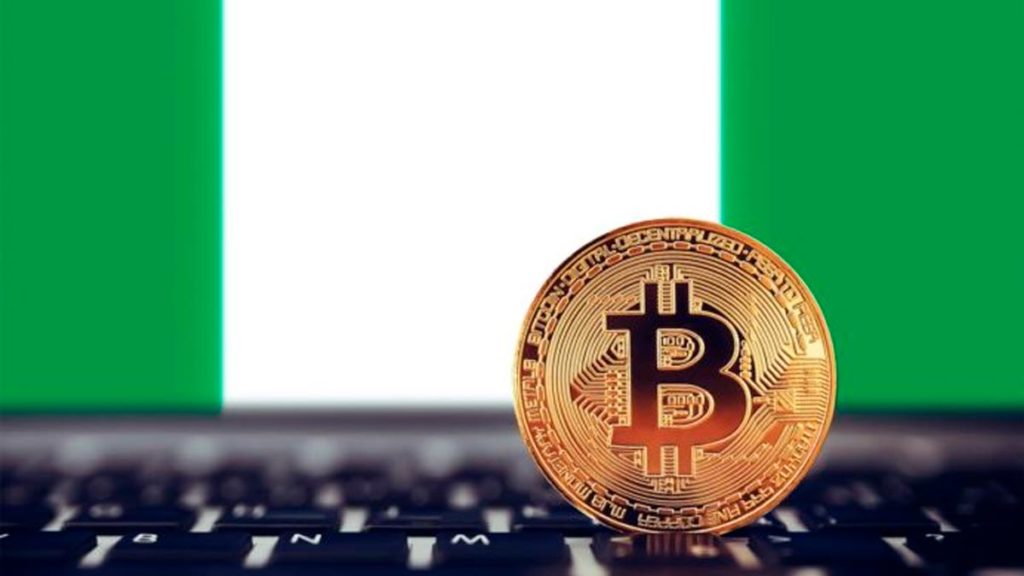At a value of $566 million during the past five years, Nigeria has transacted a total of 60,215 Bitcoins. During the country’s lockdown at the peak of the pandemic, Bitcoin trade saw a 30% surge in volume and a record high in trade volume.
This massive surge in Bitcoin usage amongst Nigerians has made the country the second largest market in the world for this ground-breaking digital currency, according to forexbroker.ng. Here, we take a closer look at the factors which contributed to Bitcoin’s rise in Nigeria.
Growing uncertainty around the Nigerian naira
Because of the fluctuating official and parallel currency rates between the Nigerian naira and the US dollar, there is a rising possibility and practical use case for Bitcoin commerce in Nigeria.
As Nigeria’s financial authorities have attempted to micro-manage the availability of foreign cash during the past half-decade, the differing rates have become more noticeable.
Greater business growth on P2P exchanges
P2P exchanges, which are decentralized platforms that link buyers and sellers directly without the involvement of a third party, are the most popular means of purchasing Bitcoin in Nigeria since consumers do not have to be concerned about government regulation of cryptocurrencies.
PayPal does not accept payments to Nigeria, and local banks limit international transactions and demand hefty fees due to the limited supply of dollars in the country’s currency.
Increased awareness and access to simple Bitcoin platforms in Nigeria has essentially solved the primary obstacle that was preventing widespread adoption of Bitcoin in the country.
In addition to international platforms like Paxful, Binance, and Luno, Nigerians now have a variety of local platforms to choose from, including Quidax, Busha, and BuyCoins.
Improved technological conditions
Many young, internet-savvy Nigerians are embracing crypto to transfer money during a period of rapid technical and social change in Africa’s largest country. For Bitcoin’s grand goals, Nigeria has become a testing ground because of its falling native currency and adversarial government.
The Nigerian regulators’ ban on Bitcoin in February 2021 was a major setback for the cryptocurrency community.
However, despite the resultant market shift from bullish to bearish, leading crypto brands like Paxful, FTX, and Crypto.com are also entering the fold, showing that Nigerians have rather grown their use and improved their awareness of alternative funding methods.
As a result of the central bank’s decision to prohibit the country’s banks from conducting crypto transactions, P2P transactions have surged.
During the pandemic, remittances through traditional channels fell sharply, which fuelled the rise of Bitcoin. Remittances to Nigeria are expected to fall by 27.7% in 2020, according to the World Bank.
Final Thoughts
Despite a recent government ban on the central bank’s use of Bitcoin, this leading digital currency has been a game-changer for many Nigerians, which has made the country the second biggest in terms of its Bitcoin use globally.
Belaboured by a weakened national currency and numerous restrictions to traditional means of commercial transaction, Nigerian business owners and individuals have turned to Bitcoin for its decentralised transactional capabilities.
Also Read: Top 5 Countries Where Bitcoin Has A Massive Impact
Press releases or guest posts published by Crypto Economy have sent by companies or their representatives. Crypto Economy is not part of any of these agencies, projects or platforms. At Crypto Economy we do not give investment advice and encourage our readers to do their own research.




